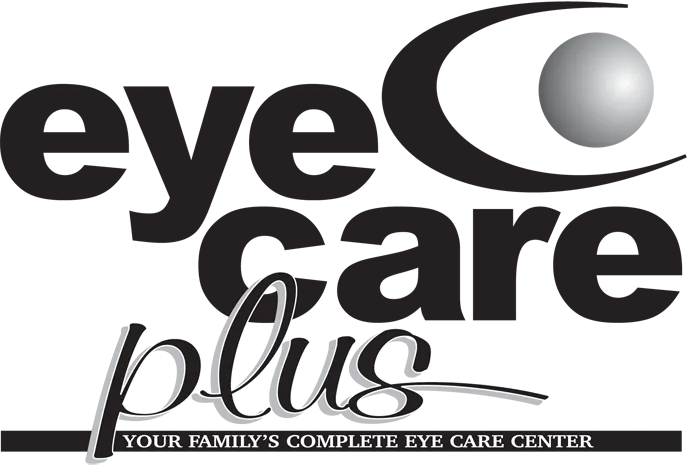
You may have heard of macular degeneration, an age-related condition in which people suffer permanent vision loss due to damage in a part of the retina called macula. But you may not be so familiar with a similar macular condition that also causes vision loss -- even in young people. This condition, known as macular dystrophy, takes its cue from the sufferer's genetic makeup and produces varying degrees of vision loss. If you have macular dystrophy, understanding the precise nature of your condition can help you make smart decisions for coping with it.
Understanding Macular Dystrophy
The macula is a collection of cells in the center of the retina, the spot at the back of the eyeball that relays images to the optic nerve. In turn, the optic nerve sends images to the brain's visual center for interpretation. Photoreceptors in the macula are responsible for sending information regarding the central field of vision and the perception of colors. Macula dystrophy occurs when a buildup of pigment in the macula causes the cells to lose their ability to function. This damage may cause you to lose some or all of your central field of vision, leaving your peripheral vision intact, or it may render you color blind.
Unlike macular degeneration, which also causes a loss of central vision but generally appears late in life, macular dystrophy is a genetic mutation that can express itself in young adulthood or even childhood. (The childhood variety is known as Best disease, named after the BEST1 gene that seems to cause it.)
Diagnosis and Treatment
If you suffer from early signs of central vision loss or difficulty registering colors, you may have macular degeneration or cataracts. If you test negative for those conditions, however, you may want to get checked for macular dystrophy. Your eye care professional may inject yellow-green dye into the veins of the eye to look for signs of the condition, or check for remnants of cells sloughed away by retinal disease. Electrodes can measure your eye's ability to react to light as well. These tests, along with genetic testing, can help you discover what type of macular dystrophy you may have, if any.
While no treatment currently exists for macular dystrophy, the fact that it tends to progress slowly puts time on your side. Some cases even stop progressing on their own.
